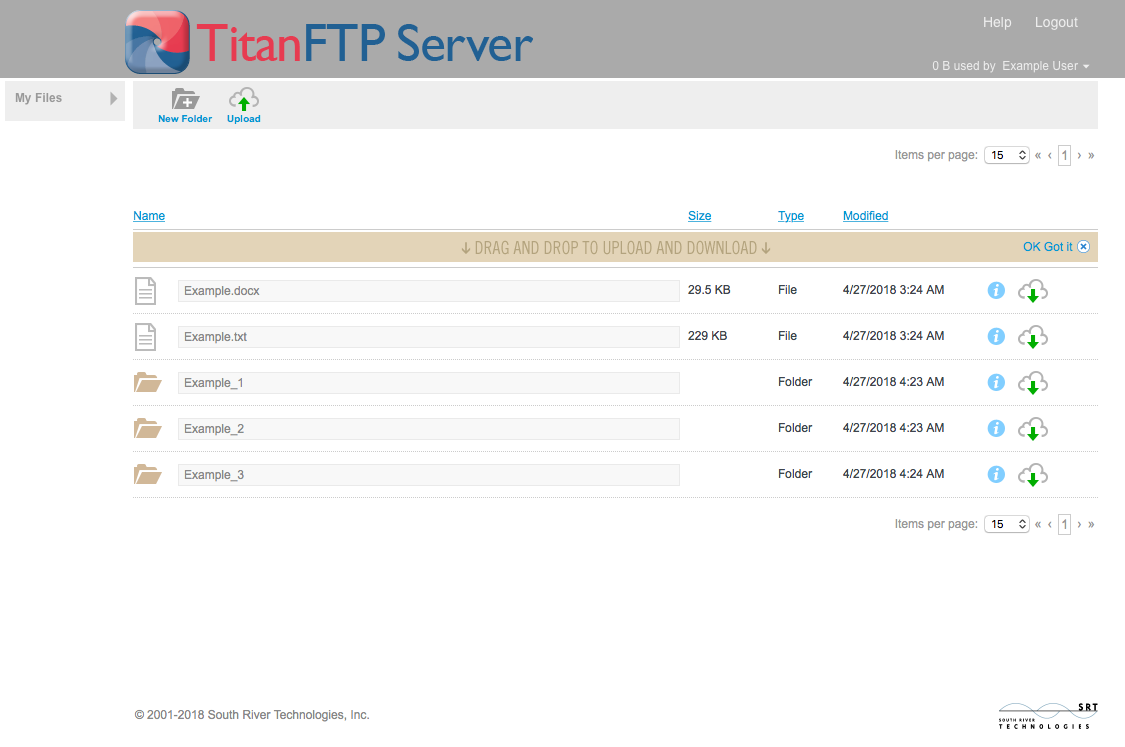Choosing a web hosting provider can be tricky since there are so many options to choose from. Often this flexibility in choice can lead people to make some poor decisions in terms of who they decide to sign up with.

Here are twelve precautions you can take when it comes to signing up for a web hosting service:
1. Read Reviews
If you are going to buy a new television, you would probably read a few reviews to see whether it is a quality set. The same goes with a web hosting provider – read some reviews or you might find yourself disappointed with the service you end up with. You won’t buy Windows 8 without seeing a review, so why would you buy webhosting without doing any research.
2. Research Web Hosting
Understanding what web hosting provider do can go a long way towards helping you pick the right one. So make sure you read a few articles on the subject and even watch a few videos on YouTube.
3. Backup Regularly
Don’t rely on your web host to backup your information for you. Take the precautionary step of doing it yourself. Newer programs like windows 8 download will concentrate more on backing up on both your home computer and online.
4. Understand Refund Policies
Sometimes things just don’t work out between you and your web host. However, don’t wait until this point to start asking about refund policies. Always be prepared with this information beforehand.
5. Talk with Customer Support
Problems can crop up from time to time with a web hosting provider, and this is when good customer service staff comes in handy. Make sure you chat with the web host’s customer support team before making any decisions. This way you’ll know beforehand that you are in safe hands if a problem should arise.
6. Use Recognised Payment Providers
When registering a domain name with a web hosting provider, make sure you use a recognised payment provider. PayPal is the ideal provider as it prevents the web host from automatically charging your account without your authorization.
7. Find out About Spam Policies
Some web hosts have a bad reputation. They allow anyone to register a domain name as long as they pay. This carelessness has given rise to thousands of malicious websites that spread spam all over the internet. A service with poor anti-spam policies can reflect badly on your site.
8. Register Your Domain Name Separately
Always register your domain name on a separate service rather than relying on your web host. If relations sour or you decide to switch hosts, you could very well lose your domain name in the process.
9. Beware of Overselling
Overselling occurs when a web host sells more space than they can adequately host. It’s like when airlines overbook an airplane; some people are going to get squeezed out. With web hosting, your site’s functionality can be compromised if too many people are drawing from the same collective pool of bandwidth.
10. There is No Such Thing as Unlimited
Many hosts boast about their ability to offer unlimited hosting resources. There is simply no such thing. All hosts utilize a set of limited resources. They only claim it’s unlimited because chances are that the average customer will not fully utilize their allocated bandwidth.
11. Follow Forum Discussions
An active forum indicates a healthy web host service. Follow the forum to be up to date with current issues.
12. Keep Your Options Open
Always have a backup plan for web hosting. Keep your options open to switch to another provider if you are unsatisfied or if you can get a better deal.










Again Sachin a great post. Web hosting is quite an unknown topic for a large majority of business owners. This article is a must read for all!